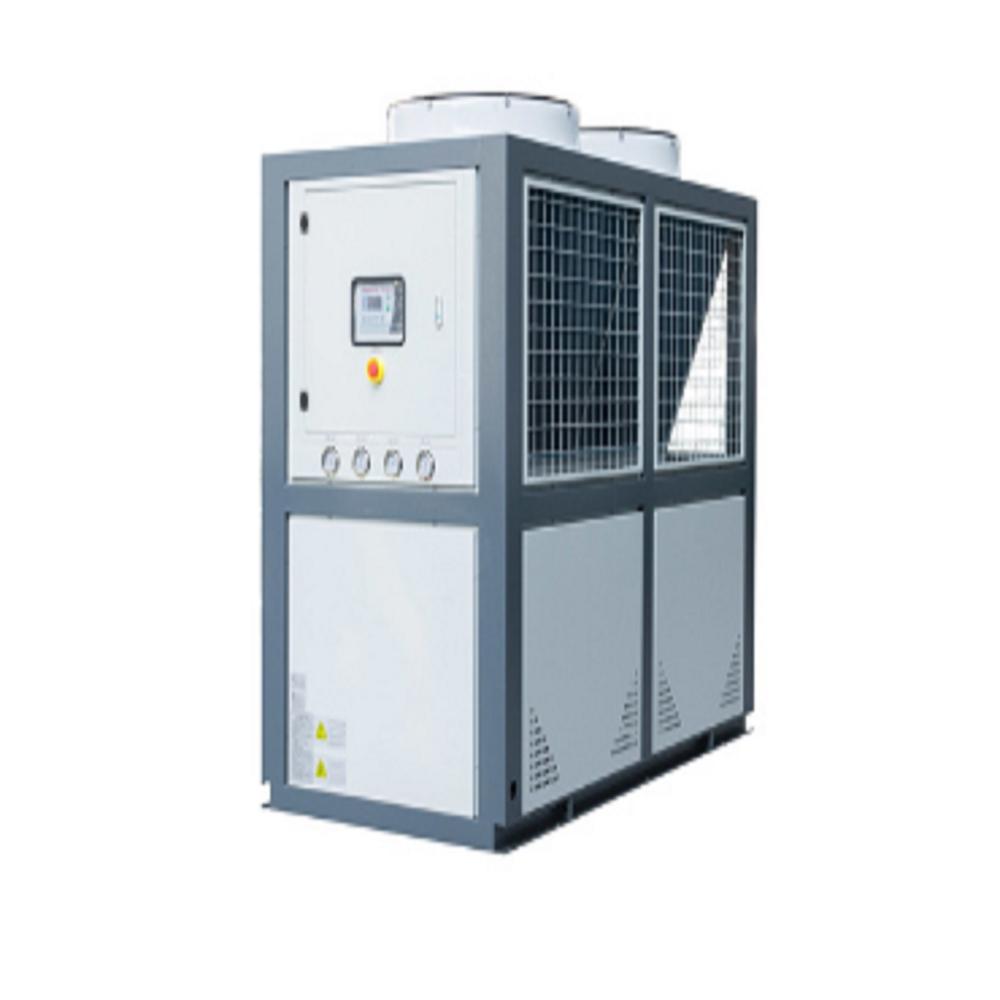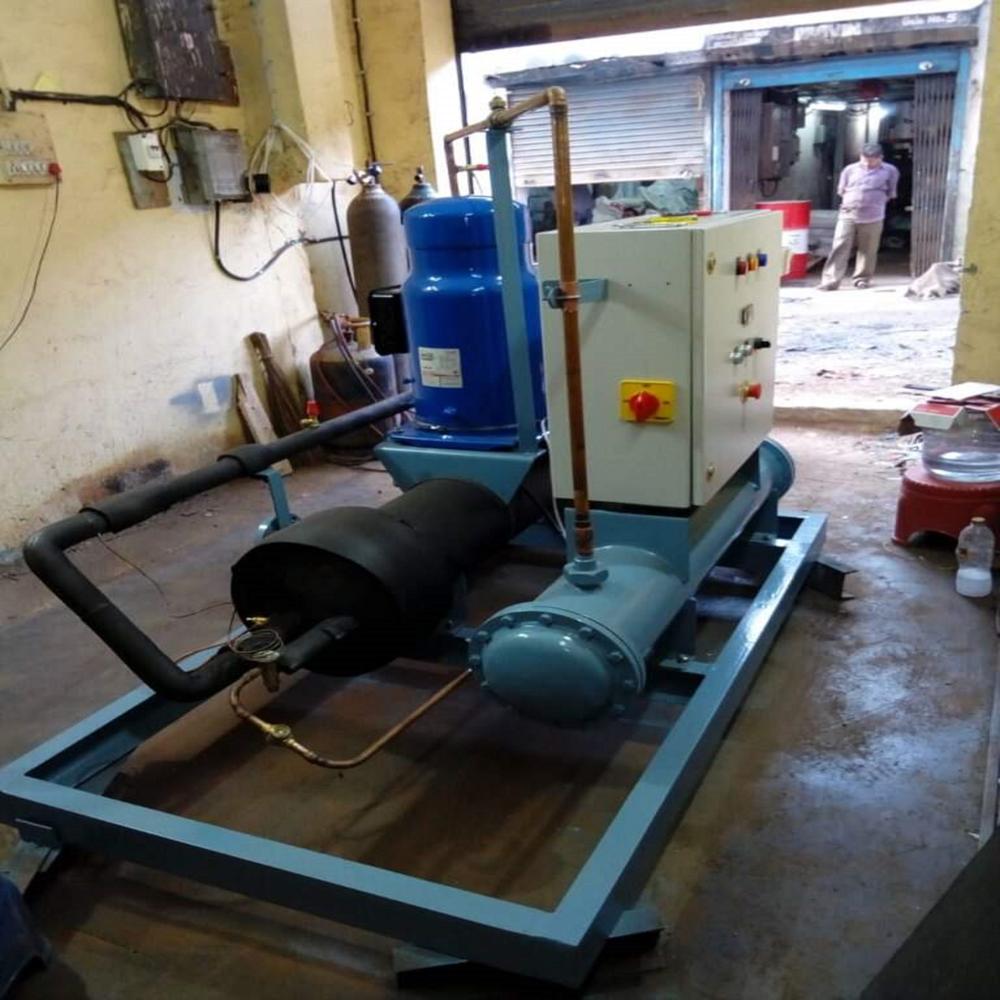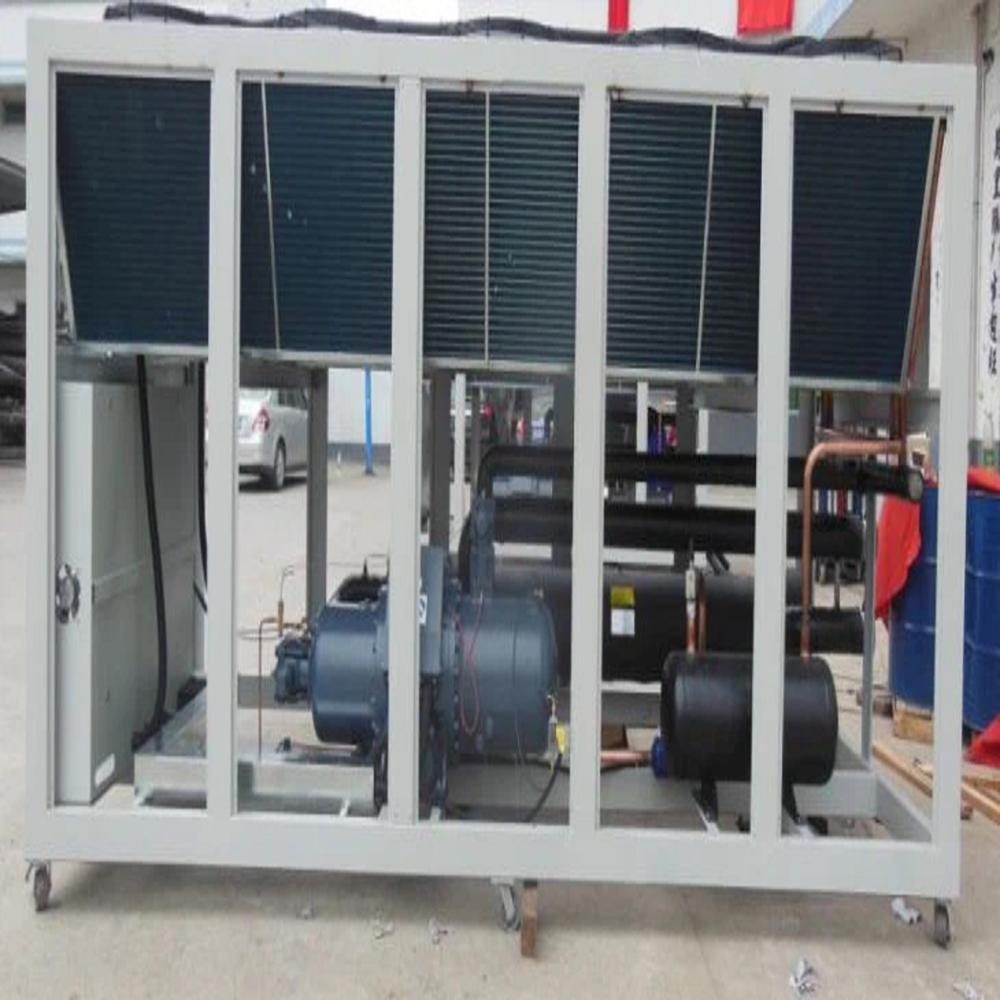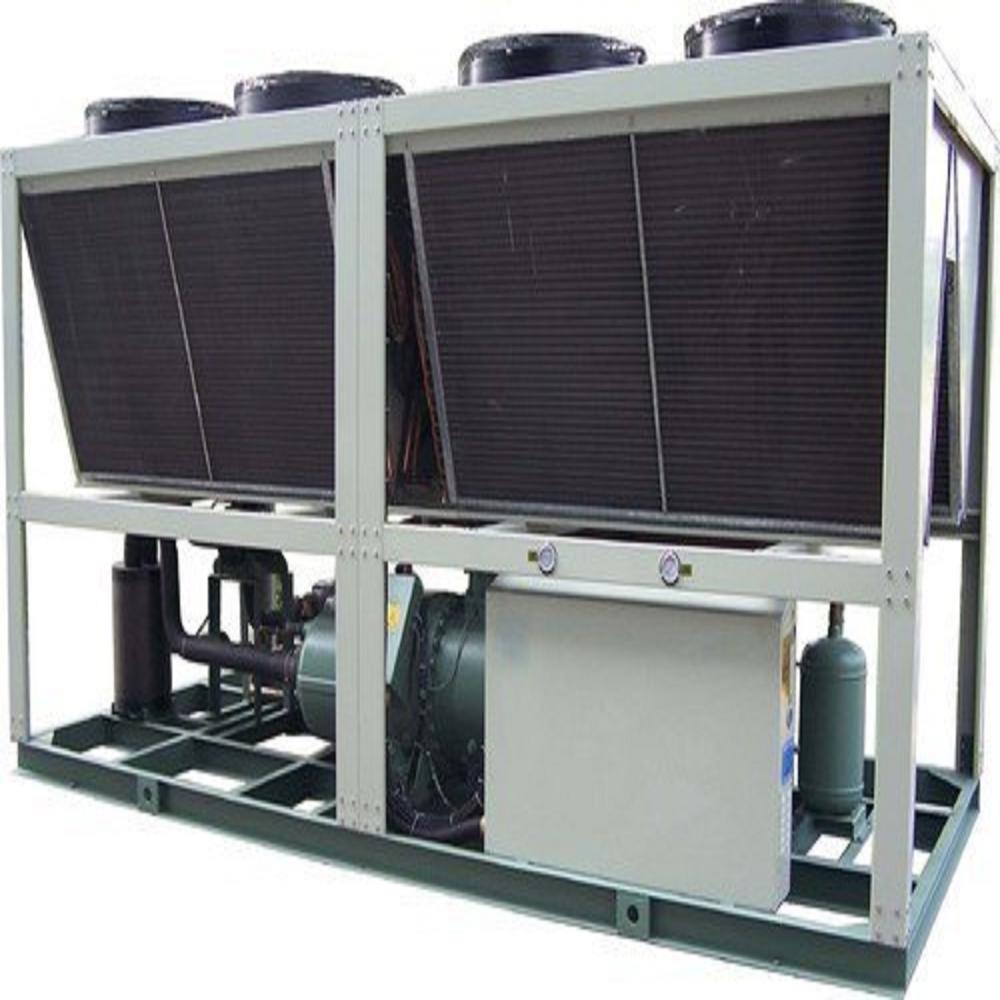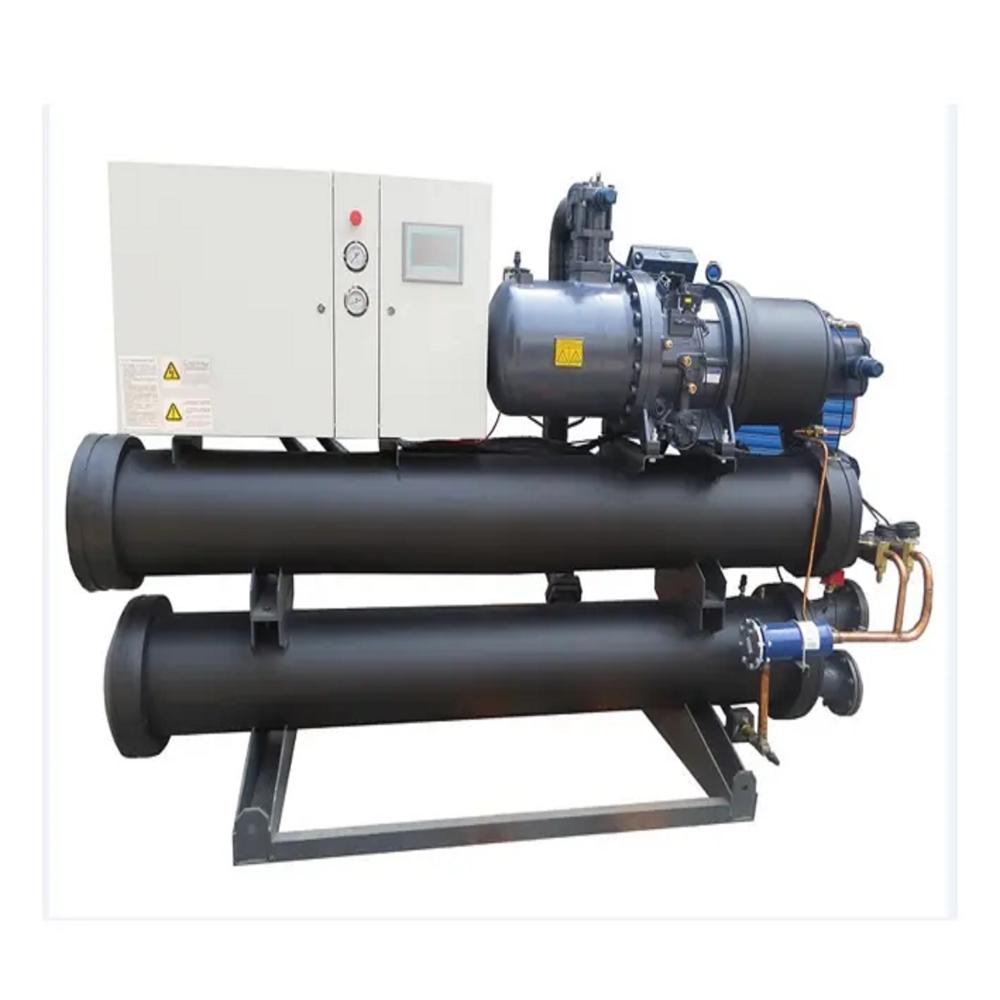Injection Moulding industrial Chillers
Product Details:
- Width 910 Millimeter (mm)
- Height 1700 Millimeter (mm)
- Material Metal
- Application COMMERCIAL
- Length 1950 Millimeter (mm)
- Weight 790 Kilograms (kg)
- Color WHITE AND GREY
- Click to View more
Injection Moulding industrial Chillers Price And Quantity
- 1 Number
- 180000.0 INR/Number
Injection Moulding industrial Chillers Product Specifications
- YES
- 910 Millimeter (mm)
- 790 Kilograms (kg)
- 1950 Millimeter (mm)
- COMMERCIAL
- industrial
- Metal
- 1700 Millimeter (mm)
- New
- WHITE AND GREY
Injection Moulding industrial Chillers Trade Information
- Cash in Advance (CID)
- 4 Number Per Month
- 4 Week
- All India
Product Description
Injection molding industrial chillers arespecialized cooling systems that regulate the temperature of the injection molding process, ensuring efficient plastic solidification and maintaining product quality and dimensional accuracy.
Here's a more detailed explanation:
- Function:
In injection molding, molten plastic is injected into a mold cavity, and chillers are used to cool the mold and the plastic, ensuring rapid and uniform solidification.
- Importance:
Proper cooling is crucial for:
- Uniform solidification:Prevents warping, cracking, and other defects.
- Minimizing internal stresses:Ensures the final product's strength and durability.
- Maintaining dimensional accuracy:Helps the product retain its intended shape and size.
- Reducing cycle time:Faster cooling leads to quicker production cycles.
- Improving part quality:Ensures a smooth, defect-free surface finish.
- How they work:
Chillers circulate a coolant (often water) through the mold's cooling channels, absorbing heat and transferring it away from the mold and plastic.
- Benefits:
- Reduced heat load on downstream equipment:Chillers help prevent overheating of the injection molding machine and other equipment.
- Improved mold filling and ejection:Proper cooling allows for better mold filling and easier ejection of the finished product.
- Optimized energy consumption:Efficient cooling can reduce overall energy usage.
- Extended mold life:Proper temperature control can help prevent mold damage and extend its lifespan.
- Types:
- Water-cooled chillers:Use water as the coolant, which is then cooled by the chiller unit.
- Air-cooled chillers:Use air to cool the refrigerant, making them a more compact and cost-effective option.
- Applications:
Injection molding chillers are used in a wide range of industries, including plastics manufacturing, automotive, electronics, and consumer goods.

Price:
- 50
- 100
- 200
- 250
- 500
- 1000+

